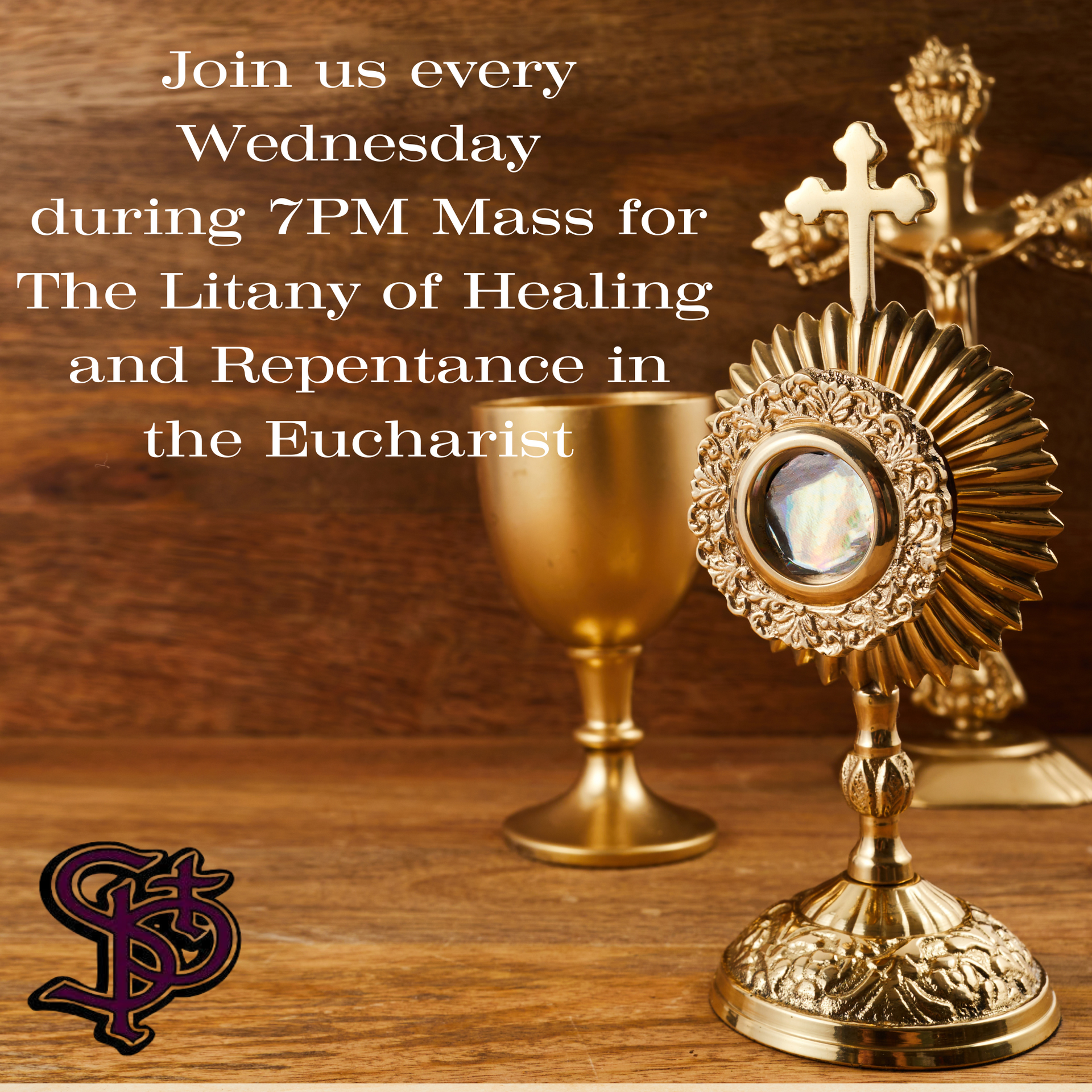16th Sunday of Ordinary Time

Joke: Joke: One Sunday Mass as the priest was giving his homily, a baby in the front row suddenly started crying loudly. The mother did her best to pacify the child but nothing worked. So finally she got up and started to walk down the aisle to take the baby into the crying room. The priest stopped his preaching, and very compassionately called out to the mother, "That's OK! You don't have to leave. The child isn't disturbing me." The young woman turned around and said, "No, pardon me Father, but you're disturbing my child!"
Your preaching disturbs my child. Many times I have to reflect on myself, am I preaching or feeding the faithful with the Word of God? Saint Mark captured an awesome picture reported in today’s Gospel a scene, “When Jesus disembarked the vast crowd, his heart was moved with pity for them, for they were like sheep without a shepherd; and he began to teach them many things.” Move with pity, Jesus taught the people. Perhaps, preaching ought to come from the heart of compassion and mercy towards those whom we preach. What does it mean to have a heart of mercy and compassion towards those whom we preach? Can we have the heart of compassion and mercy of beating our chest and feel sorry without moving a finger to do anything? The words at our diaconate ordination that Bishop said to us, “Believe what you read; Teach what you believe; and practice what you teach.” If we just believe and preach or talk whatever it is, it would be no problem. But to practice what one teaches and believes is much more difficult. If we just believe and talk about our faith and don’t practice what we believe, our faith is meaningless. Saint James expressed in his writing, “Faith of itself, if it does not have works, is dead” (James 2:17). Our preaching, our faith, our sharing Bible, and our learning the Word of God will become meaningless, if we cannot put it into action or to live it.
On Tuesday, I went to HEB for groceries as usual once a week. I saw a car with emergency lights blinking right on Waldron Road outside of our neighboring Christian church. I saw people one after another passing through to the other side and continued moving. I did the same, but then I turned around to offer my help because the lady seemed to be in distress when I passed her. When I got closer, I saw another lady come in and they began to take off as if the car was nothing wrong with it. It was either my eyes deceived me or the lady failed to park in the parking lot right next to her instead of parking her car in the middle of the road. Faith is not only about believing and talking about it, but it’s far more important than that is to live it.
Evangelization is not only about preaching and talking about faith, but it is to live it. In today’s first reading, prophet Jeremiah reminds us what the shepherds’ responsibility is to gather the flock and to bring justice and mercy to the flock. They do not “mislead and scatter the flock.” They are not the ones who scattered the sheep and drove them away and did not care for them. The flock shall be “no longer fear and tremble,” when the shepherds do “what is just and right in the land.” Evangelization for the shepherds in the Old Testament is to gather the flock together, to care for the flock, and to do what is justice and right for the people they are shepherding and not simply preach and talk about it.
In today’s Gospel, Jesus Christ identified himself as the true Shepherd who had compassion and mercy toward his flock when he saw them on foot to come to him. When Jesus and his disciples were tired from doing ministry to people, and after he dismissed his disciples to go to rest as Saint Mark described, he told his disciples, “Come away by yourselves to a deserted place and rest a while.” Rest when we are tired is a natural human need that being human beings we cannot avoid. Jesus himself recognized that he needed rest as well as his disciples you recalled with me in the Scriptures that Jesus rested on many occasions. For instance, when Jesus’ disciples went out to the town to get something to eat, he rested at the well. While he rested, a Samaritan woman came to draw water at the well. He asked her for a drink. The heart of Jesus, the Good Shepherd, was still with his people even at his rest. Today’s Gospel describes that “His heart was moved with pity for [the people], for they were like sheep without a shepherd.” The good shepherd who has a heart of compassion and mercy towards his people. Have only priests and religious brothers and sisters been called to be shepherds or rather, each one of us, through our baptism, is called to be a shepherd? So, how can we be a shepherd, a good one, in shepherding those around us?
Shepherding, as Jesus invites us, by uniting ourselves to be one flock, to do justice and right for each other, and to care for others and not only for ourselves, and above all to help those who are in need. Just as Jesus Christ, a good model of the true Shepherd, who is always present with his people to cure their sickness, heal their disease, and even raise the dead back to life again, we are invited to be good shepherds. He gathers his flock together by shedding his blood as Saint Paul describes in today’s second reading, “You who once were far off have become near by the blood of Christ.” Jesus’ new way of evangelization to shepherd his people is to bring peace to all people as Saint Paul continues in his letter to the Ephesians community that Jesus “came and preached peace to you who were far off and peace to those who were near.” It is through Jesus Christ, that we have access to the new way of evangelization that we are all called to share to preach the message of peace, justice, and right to one another.
Jesus’ evangelization has preached only one message throughout his life, from the moment of his birth to the moment of resurrection from the dead, PEACE. So, let us take some time this week to examine ourselves to see how we would evangelize in following the Lord Jesus. Would we evangelize by having faith in him alone, by learning and preaching the Word of God only, or by a combination of faith, learning, preaching, and living the Word of God? How would we bring God’s message to come alive in our daily lives? Here are a few suggestions: We help those who are around us like families members and friends at home, at work, and in school; to provide a listening ear to those who are in need; to be supportive of those who need our support; to pray for those who need our prayer; especially to bring peace to people around us and those whom we come into contact each day. The decision is yours.









